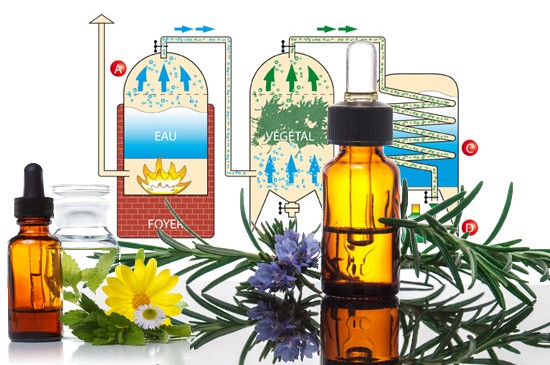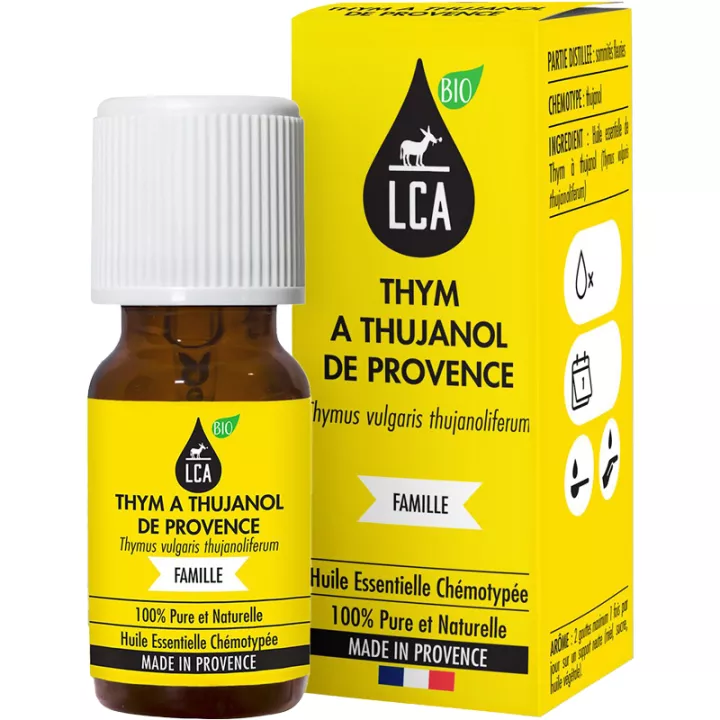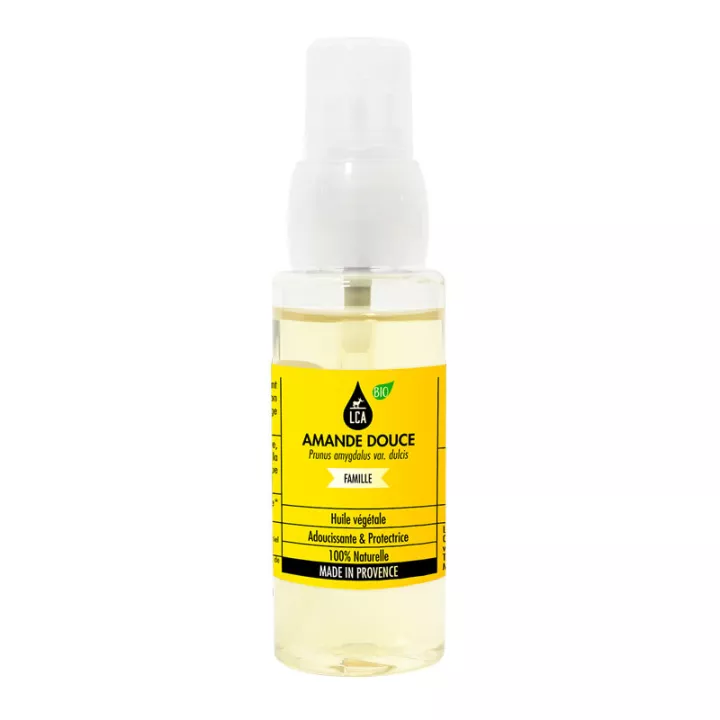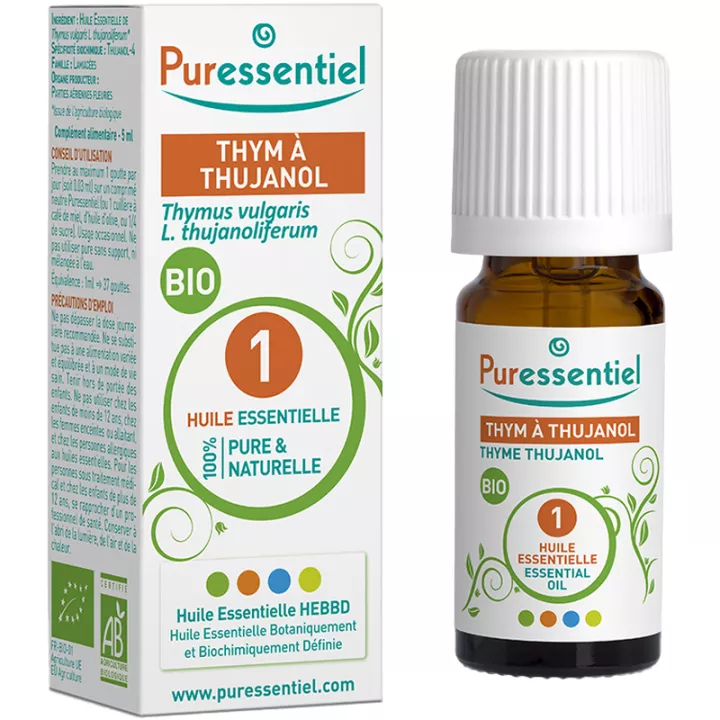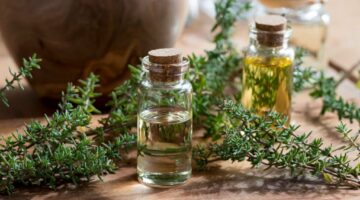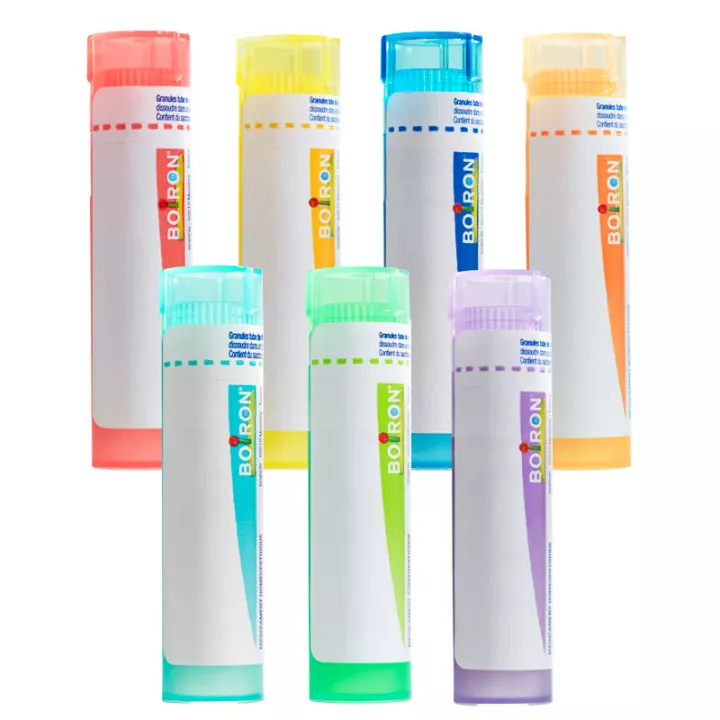What is LCA Thyme essential oil of Provence 5 ml used for?
When is Thyme essential oil used?
- Seasonal epidemics: flu, angina, chronic bronchitis
- ENT conditions: Sore throat, rhinopharyngitis, laryngitis, otitis (massage peri-auricularly)
- Intestinal and urogynecological infections: gastroenteritis - cystitis, vaginal candidiasis
- Cicratory disorders: cold extremities, Raynaud's disease
- Mouth infections: aphta, herpes, gingivitis, stomatitis, tonsillitis
LCA Thyme à Thujanol de provence Essential Oil has numerous properties, including:
- Antibacterial / Antifungal / Antiviral
- Immune stimulant
- Liver stimulant and regenerator : regenerates liver cells
- Circulatory tonic / warming : stimulates blood circulation, particularly in the extremities
- Rich in anti-inflammatory active ingredients
The aromatherapy laboratory LCA also offersSweet Verbena essential oil at the best price in our online pharmacy.
Properties and modes of action
Thyme à Thujanol de Provence essential oil is distinguished by its multiple modes of action, which are beneficial to health. As a versatile antimicrobial, it exerts a bactericidal, virucidal, fungicidal and antiviral action, enabling it to effectively combat a wide range of pathogens. What's more, its immunostimulant, neurotonic and nerve-balancing effects make it a complete remedy for a variety of ailments.
Antimicrobial and antiviral action
The presence of thymol and trans thuyanol-4 in Thujanol Thyme essential oil gives it a powerful antimicrobial and antiviral action. It is particularly effective in fighting bacterial, viral and fungal infections, eliminating the pathogens responsible for these ailments. This makes it a preferred choice for treating ENT, gastrointestinal and skin infections.
Immunostimulant effects
Thanks to its ability to stimulate the immune system, this essential oil promotes the production of immunoglobulins and contributes to hepatocyte regeneration. By strengthening the body's natural defenses, it plays an essential role in preventing infections and accelerating the healing process. In this way, it provides invaluable support in maintaining health and vitality.
Neurotonic and nerve-balancing effects
On a neurological level, Thujanol Thyme essential oil acts as a nerve tonic and rebalancer. By acting on the central and autonomic nervous systems, it offers effective relief from nervous disorders such as asthenia, anxiety and stress. Its rebalancing action promotes a state of mental and emotional well-being, contributing to a better overall quality of life.
Directions for use and dosage
Cutaneous - Oral - Diffusion - Bath
For sore throats: Take 2 drops of thujanol thyme essential oil in honey 3 times a day, or on a lump of sugar to be sucked 3 times a day.
Give your opinion on the use and dosage of LCA Huile essentielle de Thym à thujanol de Provence with our partner Verified opinions after your purchase.
Precautions for use
- Very mild, Thyme à Thujanol essential oil is well tolerated by everyone, except pregnant women and babies under 3 months.
- Not recommended for pregnant or breast-feeding women.
- Dermocaustic in its pure state, dilution required for cutaneous use.
- Beware of possible gynecomastizing effects with prolonged use. Linalool inhibits testosterone production; avoid long-term use in males as an endocrine disrupter.
- Contraindicated in children under 7.
- Caution in cases of renal insufficiency ( nephrotoxic).
- Do not combine with cortisone, risk of drug interaction. Ask your pharmacist for advice.
What is the composition?
Main biochemical constituents or chemotype: thujanol, terpinen-4-ol.
Botanical name: Thymus vulgaris thujanoliferum
Part of plant extracted: Flowering tops
Production method: Complete steam distillation
Presentation
LCA Thyme Yhujanol Essential Oil comes in a 5 ml bottle.
